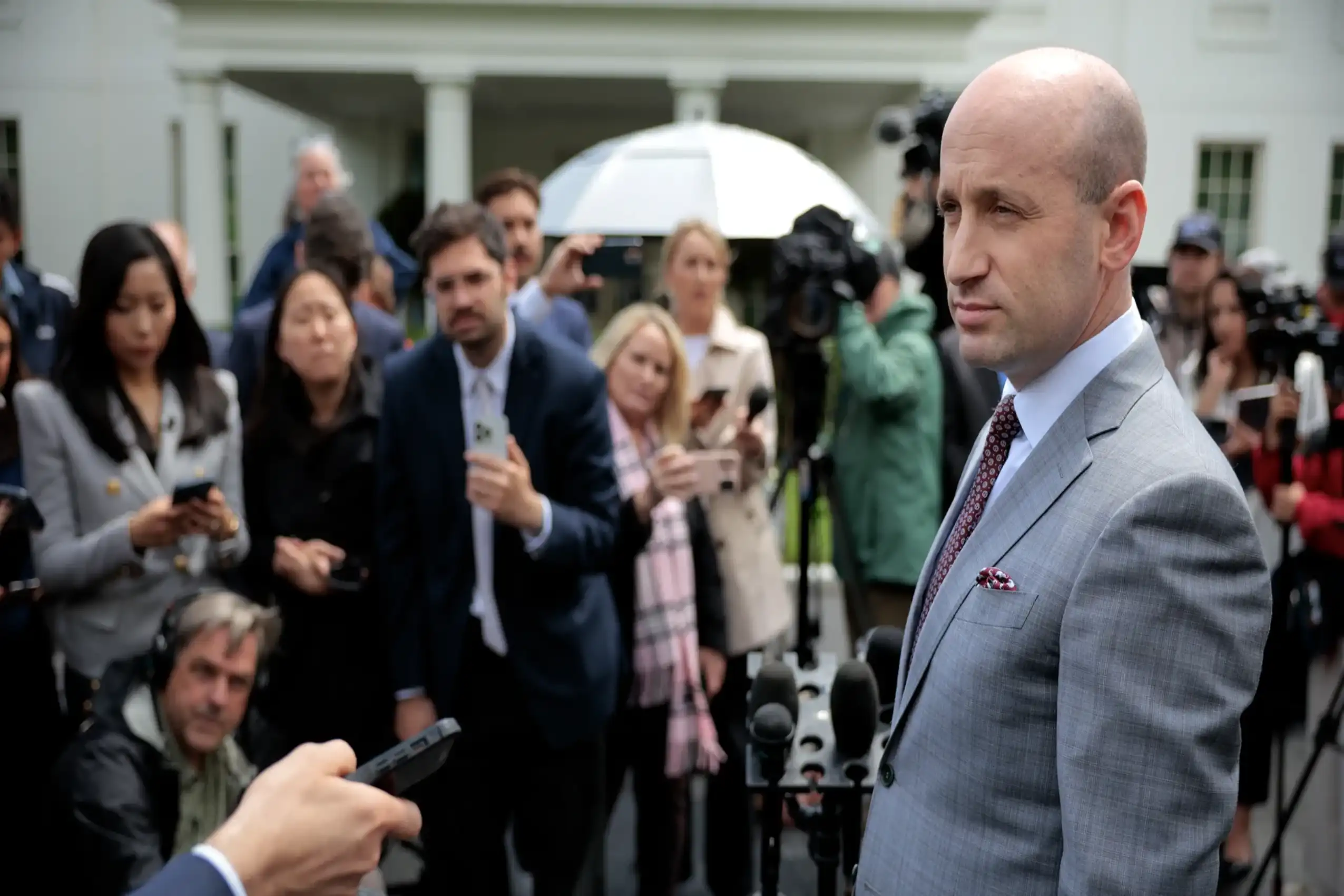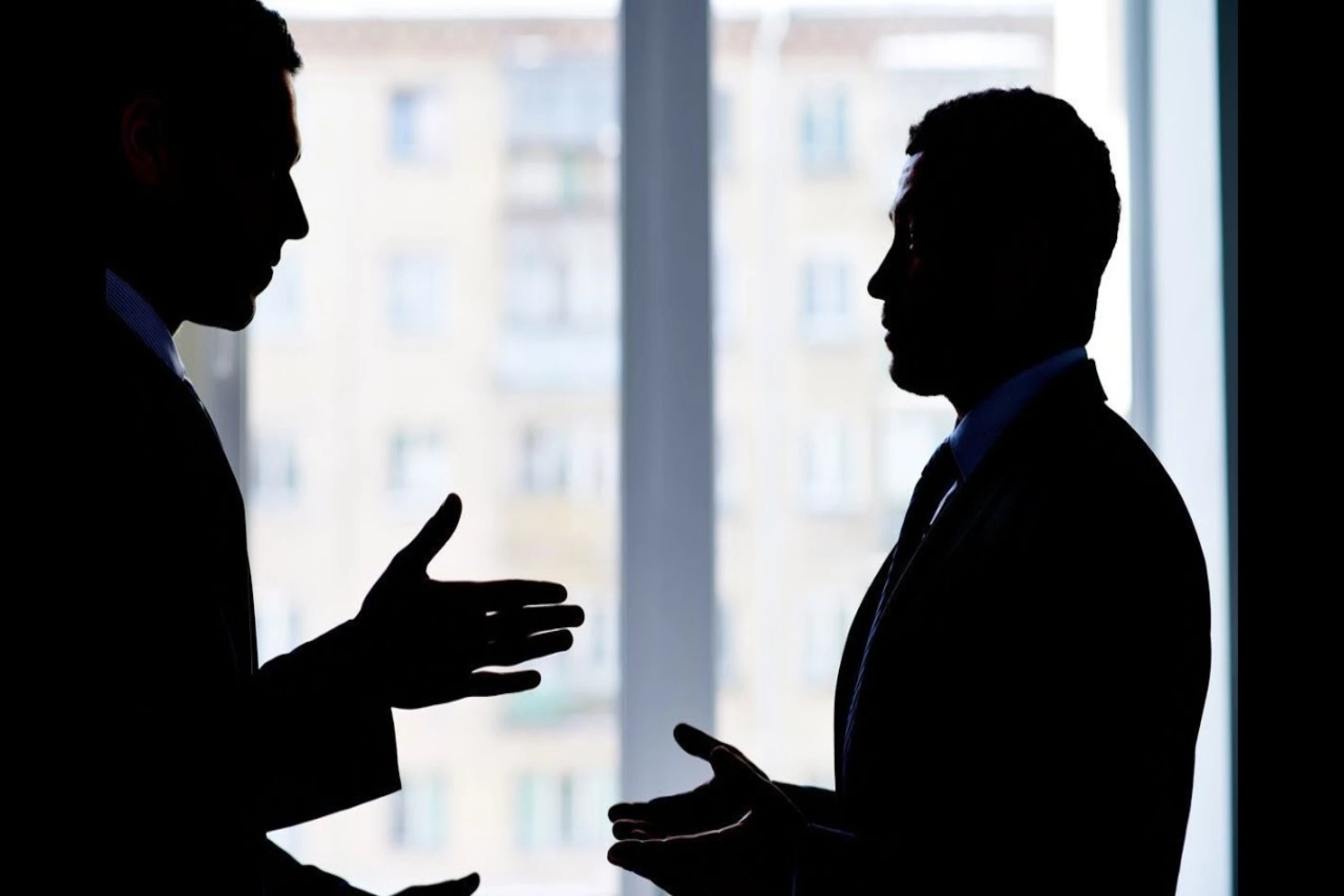Habeas corpus, a Latin term meaning “you shall have the body,” is a fundamental legal right that allows individuals to challenge unlawful detention. This article examines the recent proposal by the Trump administration to suspend habeas corpus protections for individuals entering the U.S. unlawfully. We will discuss the legal and constitutional implications of such a move and explore the potential consequences.
What Is Habeas Corpus and Why Is It Important?
Habeas corpus is a legal principle that protects individuals from unlawful detention by allowing them to challenge their imprisonment in court. Enshrined in the U.S. Constitution, habeas corpus ensures that no one is deprived of their liberty without legal justification. This principle serves as a safeguard against arbitrary detention and protects personal freedoms.
Trump Administration’s Proposal to Suspend Habeas Corpus
Recently, Stephen Miller, a senior advisor to President Donald Trump, confirmed that the administration is considering suspending habeas corpus in certain cases, especially for individuals who have entered the U.S. unlawfully. The administration argues that the growing number of unauthorized immigrants constitutes an “invasion,” which they claim justifies suspending habeas corpus protections.

Legal Basis for Suspending Habeas Corpus
According to the U.S. Constitution, habeas corpus can only be suspended in cases of “rebellion or invasion” (Article I, Section 9). The Trump administration’s argument that unauthorized immigration constitutes an “invasion” has faced legal criticism. Many legal experts believe that unauthorized immigration does not meet the constitutional definition of “invasion.”
Legal and Constitutional Implications of Suspending Habeas Corpus
If habeas corpus were suspended, the government could detain individuals without judicial oversight, effectively removing their ability to challenge their detention in court. This would undermine due process rights and could lead to indefinite detention without legal recourse, violating fundamental constitutional protections.
Historical Precedents for Suspending Habeas Corpus
Habeas corpus has only been suspended in U.S. history during exceptional circumstances, typically linked to national security threats.
The Civil War (1861-1865)
During the Civil War, President Abraham Lincoln suspended habeas corpus to address security concerns related to the Confederacy. This allowed the federal government to detain individuals suspected of supporting the Confederacy without judicial review.
World War II (1941-1945)
Similarly, after the attack on Pearl Harbor, habeas corpus was suspended in Hawaii due to national security concerns. This suspension was aimed at preventing espionage and sabotage during wartime.
Both instances were linked to clear, direct threats to national security and were temporary measures. These historical precedents illustrate that habeas corpus is typically suspended only in extreme situations involving national security.

Criticism from Legal Experts
Many constitutional scholars and civil rights organizations, such as the American Civil Liberties Union (ACLU), have criticized the Trump administration’s proposal. They argue that suspending habeas corpus would violate fundamental constitutional rights and undermine democratic principles.
What Would Happen If Habeas Corpus Were Suspended?
If habeas corpus were suspended, individuals would no longer be able to challenge their detention in court. This could lead to indefinite detention without legal justification, without any judicial oversight. Such a move would erode civil liberties and could set a dangerous precedent for future government actions.

